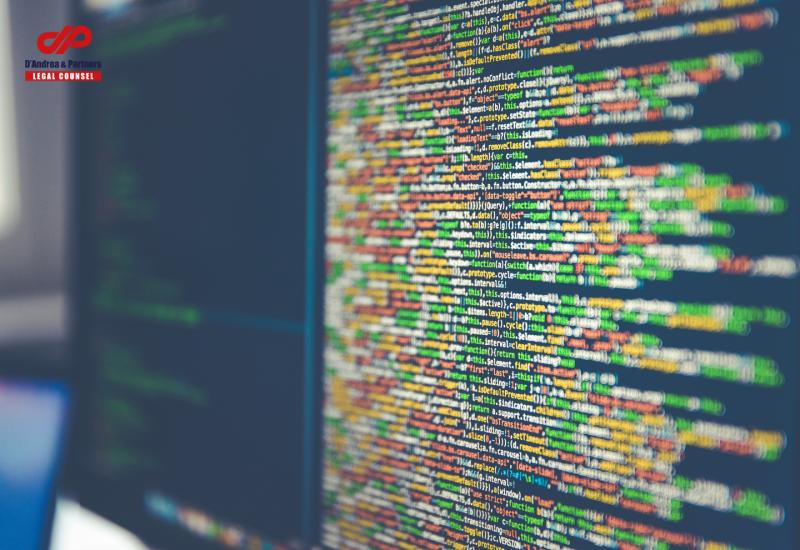Background Information
On August 31, 2018, the Law on Soil Pollution Prevention and Control (hereinafter referred as “the Law”) was issued by the National People’s Congress of China and will come into force on January 1, 2019. As the first soil protection law, it has attracted wide attention and controversy throughout the draft study in 2006, two proposals in 2017, as well as the final published version.
The Law consists of 7 chapters and establishes the principle of prevention-oriented, protection priority, classification management, risk management, pollution accountability, and public participation. The Law emphasizes the responsible person for the soil pollution shall bear the burden of corresponding liabilities against the soil pollution associated with its activities.
Major Impacts on Corporates in China
- General risk control measures
Land users who exploit and utilize the land, as well as corporates and other business operators who conduct production and/or business operations (hereinafter referred as “corporates”), shall be liable for the soil pollutions caused by their activities. To prevent soil
environment from industrial and domestic pollutions, the Law requires corporates to take various measures such as:
- Conduct environmental impact assessment that contains soil impact evaluation before starting construction projects that may cause soil pollution;
- Prepare soil pollution prevention measures when dismantling facilities, equipment, buildings, and/or appurtenant; and
- Carry out soil pollution prevention measures for wastewater treatment facilities and soil waste disposal facilities, if any.
For certain key monitored companies with high risks of causing soil pollutions, in addition to the general obligations as listed above, extra requirements will also be imposed on them:
- Strictly control the discharge of hazardous substances and annually report to the local government authority;
- Establish risk investigation system regarding potential soil pollutions;
- Conduct self-monitoring of the surrounding soil environment and report the monitoring data to the local authority;
- Develop a soil pollution prevention plan when dismantling facilities, equipment, buildings, and/or appurtenant as well as file to the local authority for record purpose; and
- Make soil pollution investigation before the land is expropriated or transferred.
- Risk Control and Remediation of Industrial Land
According to the Law, industrial land will be subject to a list management mechanism regarding its soil pollution risk control and remediation. The local government authority will require land users to implement a soil pollution condition investigation when on-site inspections or other occasions indicate the existence of soil pollution risks. After the investigation, land users and/or soil pollution responsible persons shall continue to carry out a risk assessment when the investigation result exceeds certain limits.
The local government authority will publish and update a list of lands that are subject to risk control or remediation. The corresponding soil pollution responsible persons shall take appropriate measures to control pollution and remedy the pollution if necessary. Local authority may remove the land out of the list when all the pollution control or remediation measures are completed.
Land users and/or soil pollution responsible persons that fail to perform the obligations as listed above could be penalized with RMB 20,000 – RMB 1,000,000. However, when the land has been expropriated by the local government, the government should organize to control and/or remedy soil pollution.
Legal Consequences
Corporates that fail to implement these measures might result in various penalties and/or compensations, such as:
- Monetary fines by the local authority with RMB 20,000 – RMB 2,000,000;
- Credit impairment due to administrative fines;
- Tort liability for damages suffered by the surroundings if any; and
- criminal liability if serious consequences take place.
Three Practical Suggestions
- As we may see, the Chinese government now has substantially strengthened its supervision priority onto environmental protection. To protect corporates who run business in China against soil environment violations, we suggest to carefully proceed all operations with pollution risks and avoid intentional nor negligent soil contamination accidents (e.g., illegal disposals, leakages). For potential non-compliance situations, engage professional service providers such as lawyers with long-standing experiences in China.
- Corporates, which intend to purchase/rent a new place/company for operation or business site, are advised to conduct appropriate investigations on the soil conditions. The soil condition investigation aims to exploiting whether severe pollutions have been caused and clarify each party’s liability on soil pollution if any. Otherwise the successor could be responsible for all soil pollutions on that land, even if the pollution exists before the purchase/rental.
- On the other hand, soil condition investigations would also be critical for corporates that plan to transfer or relocate their company sites. With an internal soil investigation, corporates buy a chance to be aware of the real status under earth and enable them to discuss solutions in advance. The investigation could also perform as a strong evidence to block further liabilities after the transfer/relocation. Otherwise joint liability against entire soil contaminations might be imposed on these removed corporates.
While the costs on soil pollution control and/or remediation are always expensive, it’s without exaggeration that corporates shall be more deliberate than ever to properly understand related regulation stipulations. Improving soil protection compliance probably saves the reputation and money on behalf of a company.
For any further information, please do not hesitate to contact us via: info@dandreapartners.com.
Disclaimer
D’Andrea & Partners is not liable if the content of this message and/or of its attachments is modified or altered without written consent. A list of partners of each office of D’Andrea & Partners worldwide could be provided upon request. For additional information, please visit our website at www.dandreapartners.com. The information contained in the present message is based on our experience as legal counsel and does not constitute a formal legal opinion. A formal legal opinion by a PRC qualified lawyer could be provided upon request.
© 2018 D’Andrea& Partners
All rights reserved.
For







